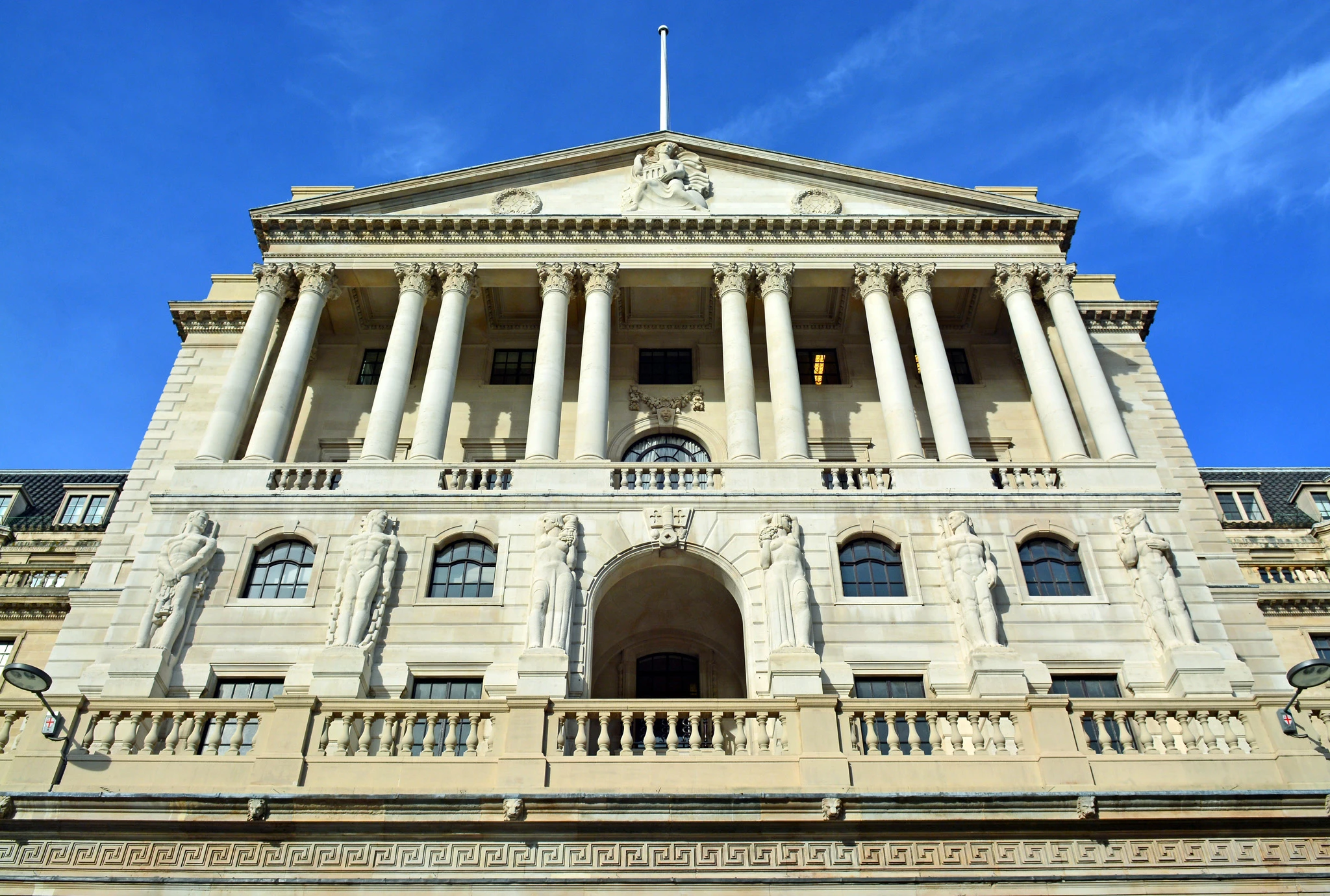
Bank of England interest rate hikes: The business community reacts
The Bank of England (BOE) has raised interest rates to 5.25 per cent in a continued effort to battle inflation. At the BOE’s Monetary Policy Committee (MPC) meeting on the 2nd of August 2023, a majority voted in favor of raising rates from 5 per cent to 5.25 per cent.
When asked when the British public can expect the Bank to cut interest rates, governor of the Bank of England, Andrew Bailey said, “I wouldn’t want to at all speculate, it’s far too soon to speculate on when we might see a cut. There is no presumed path of interest rates from here.
“We hope that we can deliver the path that we’ve set out in the report, because the path we’ve set out in the report does not have a recession in it. We will have to see.”
However, he assured the press that the Banks measures are yielding results, saying, “We expect inflation to take a further step down in the July data which will be published in two weeks time, I think that will come down to around 7 per cent at that point… followed by another larger step down in October’s data.”
The news comes as businesses begin to look ahead to another winter faced with high energy costs, food inflation and staffing shortages. Michael Kill, CEO at NTIA (Night Time industries Association) commented: “Given the inflationary position announced several weeks ago, we are disappointed that the BOE have once again increased interest rates.”
“The Government needs to tackle some of the short term barriers to investment and growth, getting a handle on energy, food and drink costs, tackling sector workforce shortages and removing limitations to trade through deregulation.”
Richard Burge, chief executive of London Chamber of Commerce and Industry (LCCI), said: “As interest rates continue to rise, the Government must reconsider the support it currently provides to SMEs, particularly regarding energy bills which will only increase further as the winter months draw closer.
“The Government and the Mayor of London must also work with lenders to ensure affordable finance can still be provided to SMEs across the capital so that firms have access to working capital to help them mitigate costs.”
Discussing the interest hikes, ED Reid, MD of TAB added: “We recognise that the big picture requirement is to get inflation under control, and the only lever the Bank of England has is setting the interest rate. UK SMEs all want to see inflation reduced further, and therefore most will accept that interest rates need to rise.
“However, the impact of the rate rise will be felt hardest by those with debt repayments to make, irrespective of whether that debt was taken on to survive, or to fund growth plans.
“As a result, more and more businesses will now be feeling the squeeze on their cash in the coming months, which clearly has the potential to negatively impact further investment.”
The rising interest rates have also been a thorn in the side of home owners and those looking to buy. However, Richard Donnell, executive director of Research at Zoopla comments: “Although the base rate has increased further today, it’s not all doom and gloom for the housing market.
“There are signs that mortgage rates are peaking and 87 per cent of mortgages are on fixed rates. For homeowners and would-be buyers who are impacted by mortgage rates, it’s important to note that the impact is not uniform across the UK.
“Higher mortgage rates hit harder in higher value markets in Southern England where a larger deposit and income are required to buy with a mortgage. In contrast, in the north of England and Scotland, house prices are still rising as the impact of higher mortgage rates is less pronounced. In certain areas in these regions, it’s also still cheaper to buy than rent at 5.5 per cent mortgage rates.”
By Mark Adair – Correspondent, Bdaily
- Add me on LinkedIn and Twitter to keep up to date
- And follow Bdaily on Facebook, Twitter and LinkedIn
- Submit press releases to editor@bdaily.co.uk for consideration.
Looking to promote your product/service to SME businesses in your region? Find out how Bdaily can help →
Enjoy the read? Get Bdaily delivered.
Sign up to receive our popular morning London email for free.








 £100,000 milestone drives forward STEM work
£100,000 milestone drives forward STEM work
 Restoring confidence for the economic road ahead
Restoring confidence for the economic road ahead
 Ready to scale? Buy-and-build offers opportunity
Ready to scale? Buy-and-build offers opportunity
 When will our regional economy grow?
When will our regional economy grow?
 Creating a thriving North East construction sector
Creating a thriving North East construction sector
 Why investors are still backing the North East
Why investors are still backing the North East
 Time to stop risking Britain’s family businesses
Time to stop risking Britain’s family businesses
 A year of growth, collaboration and impact
A year of growth, collaboration and impact
 2000 reasons for North East business positivity
2000 reasons for North East business positivity
 How to make your growth strategy deliver in 2026
How to make your growth strategy deliver in 2026
 Powering a new wave of regional screen indies
Powering a new wave of regional screen indies
 A new year and a new outlook for property scene
A new year and a new outlook for property scene